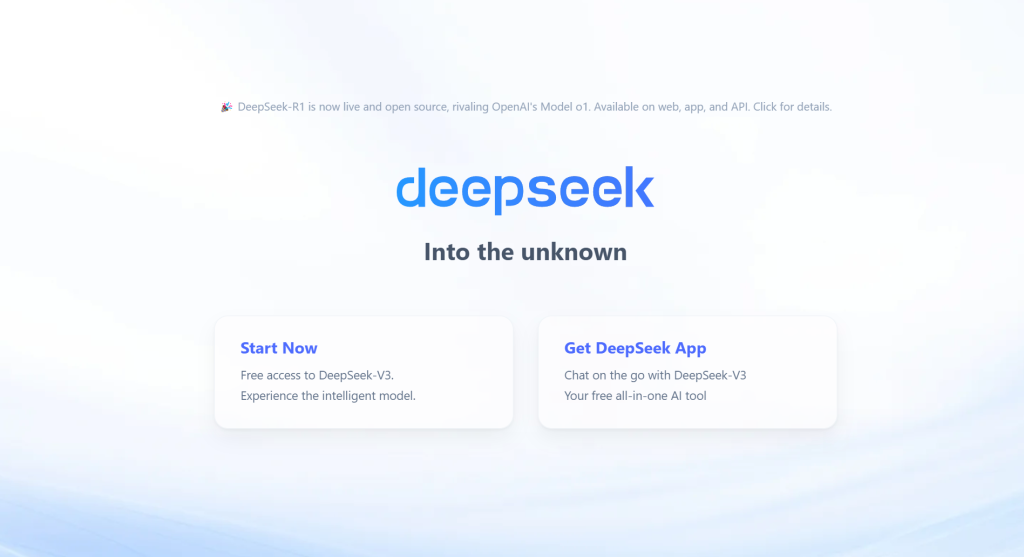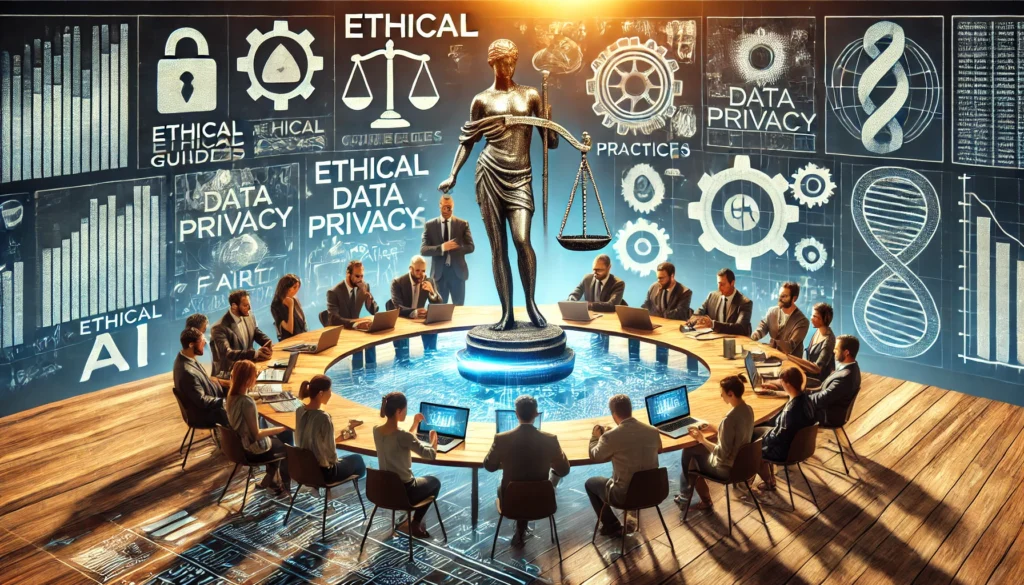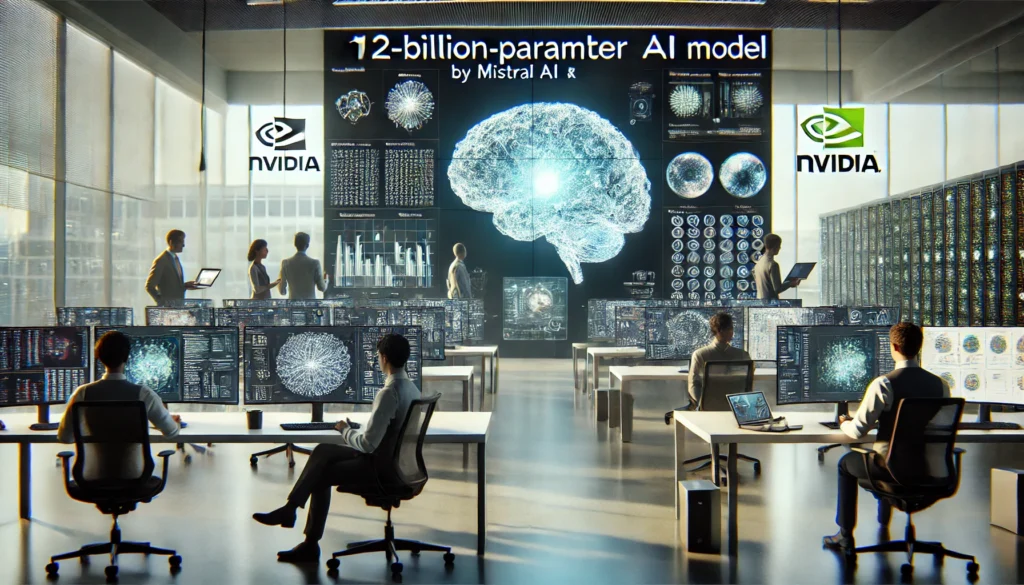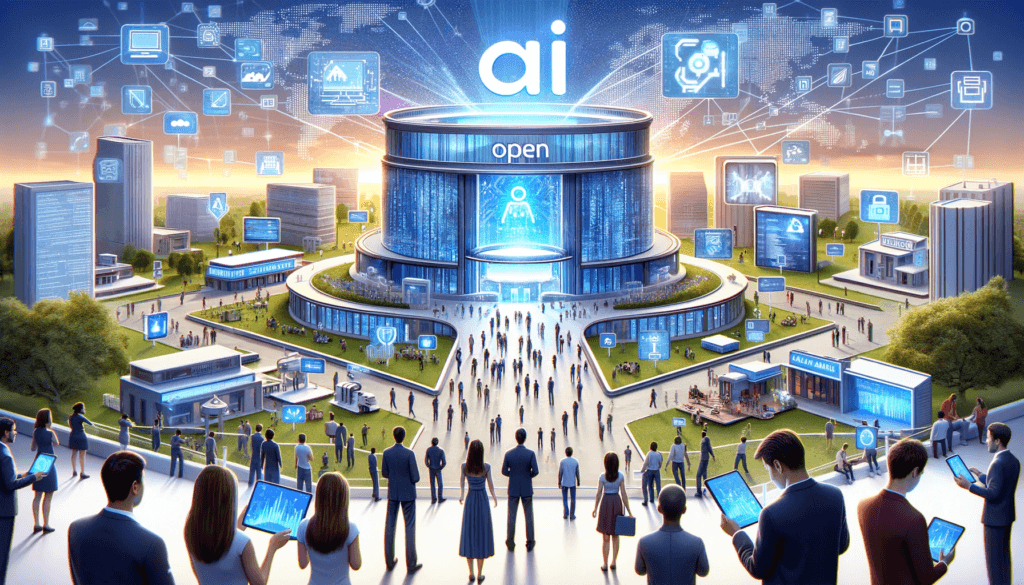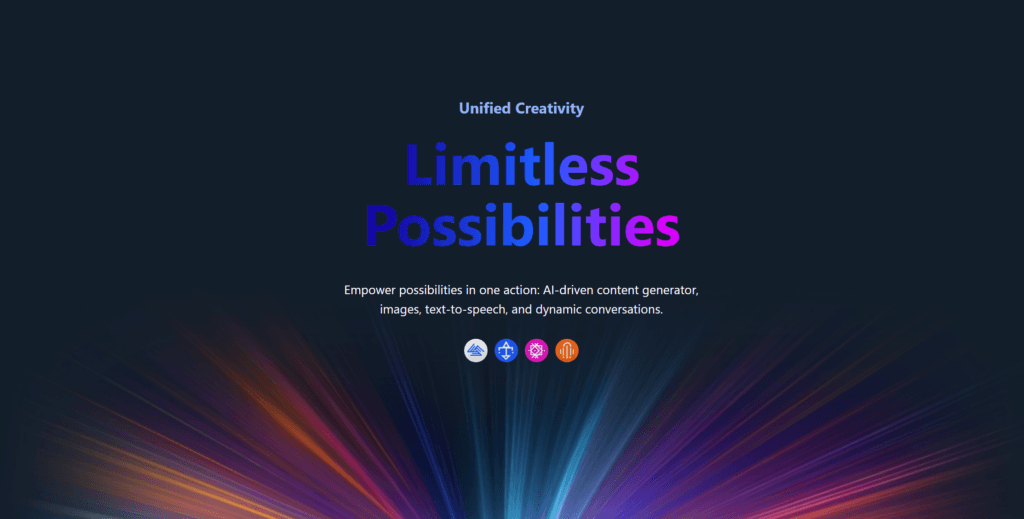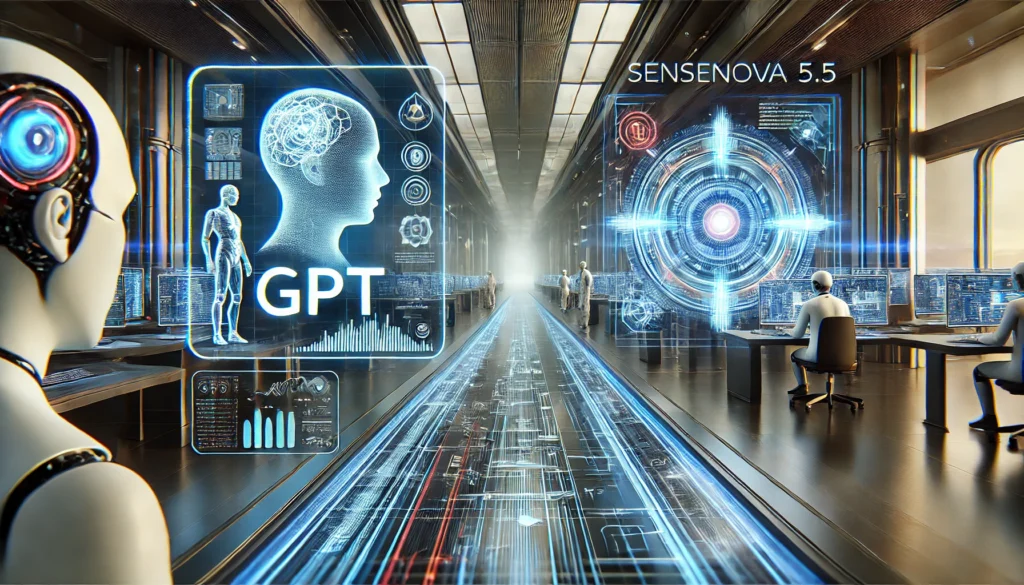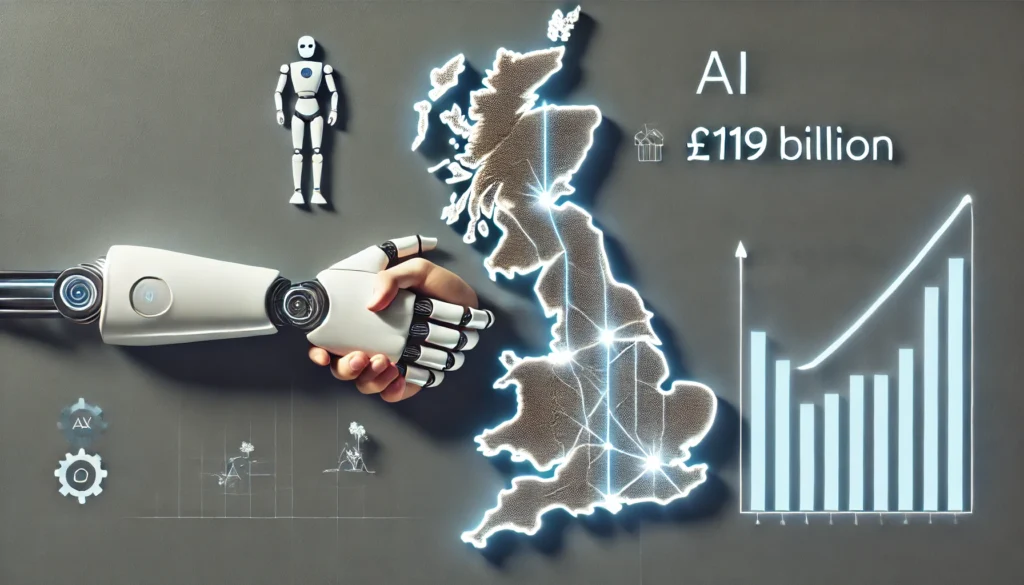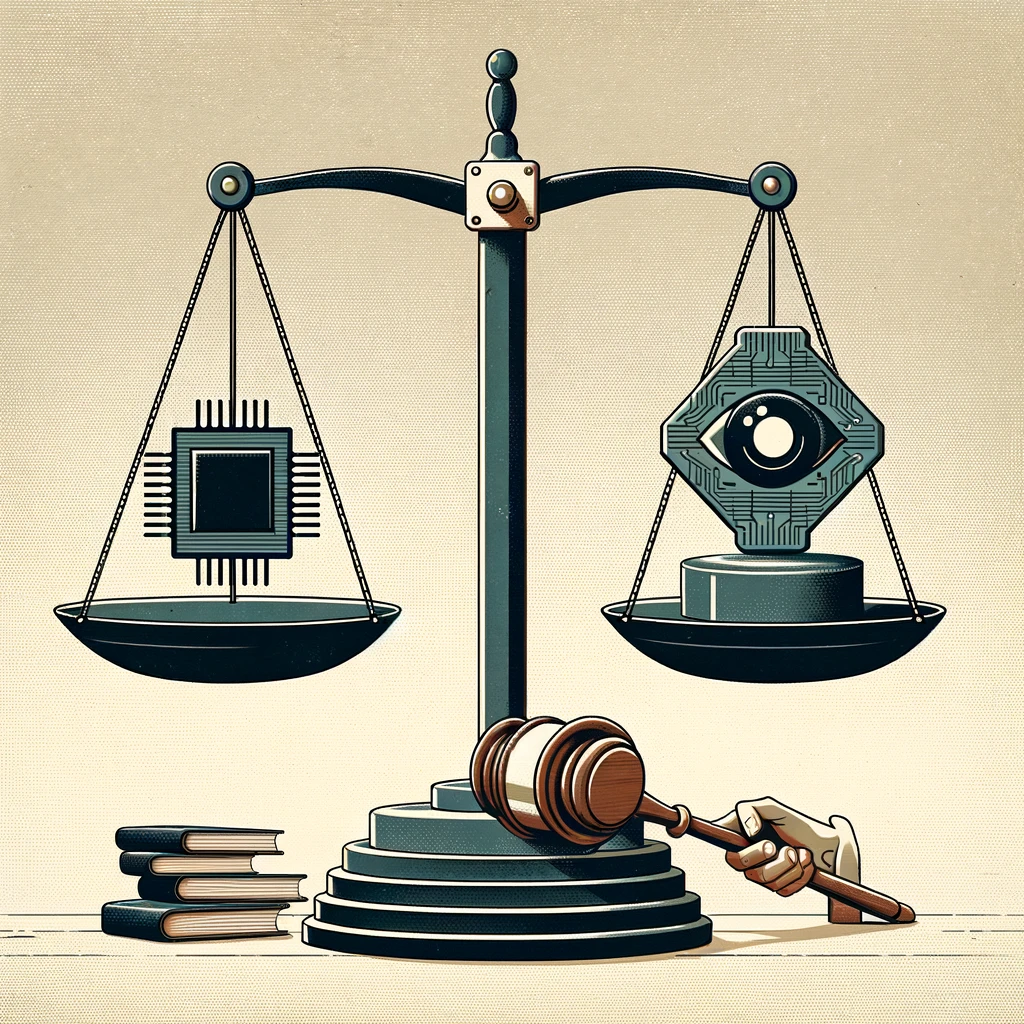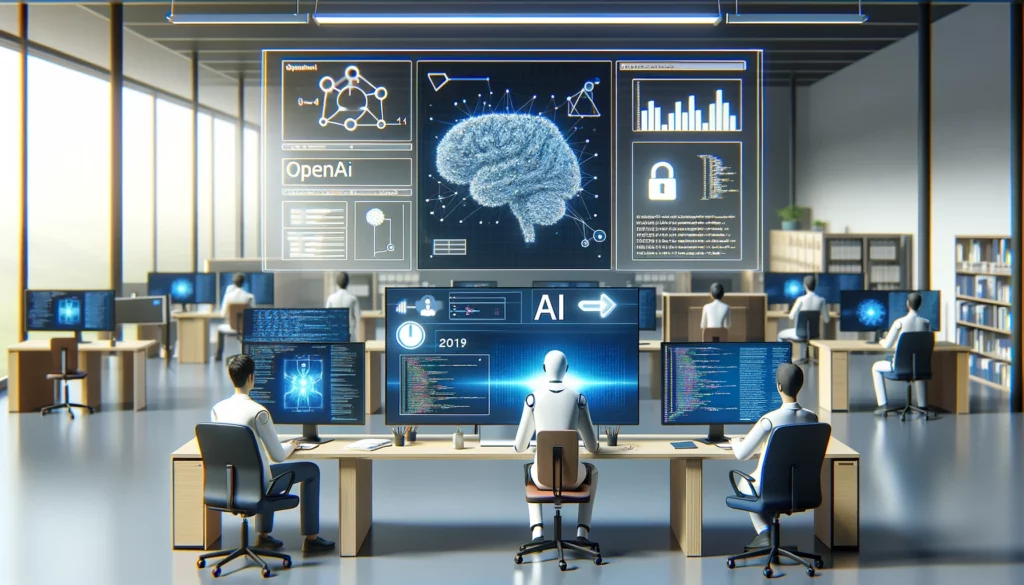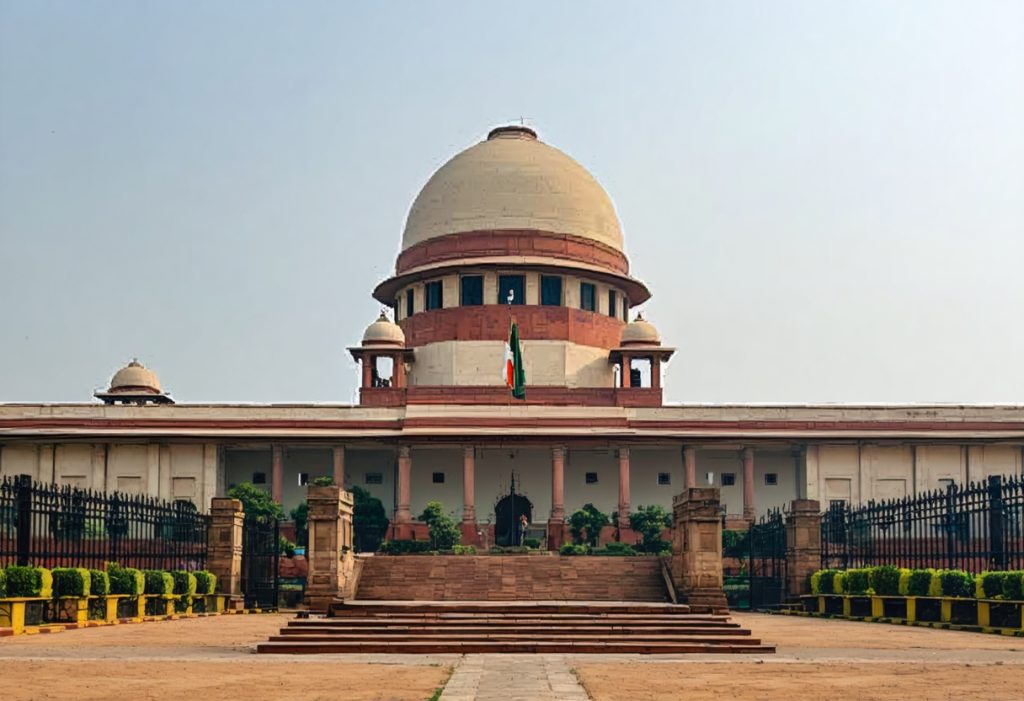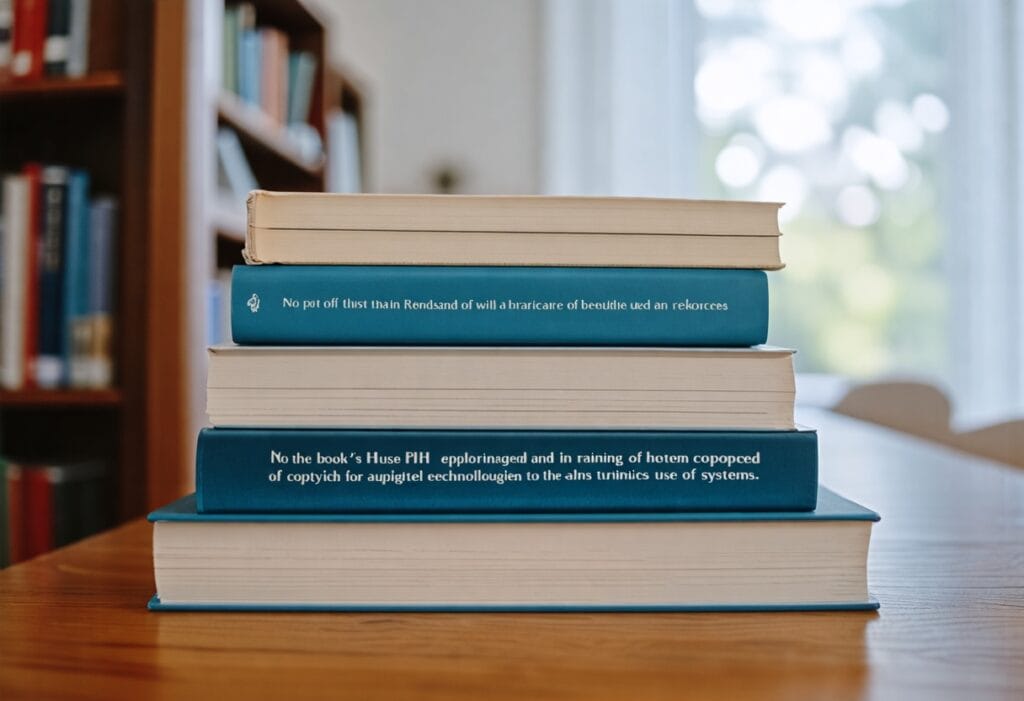Navigating AI Ethics: The Political Implications of OpenAI’s Suspension in the Dean.Bot Controversy
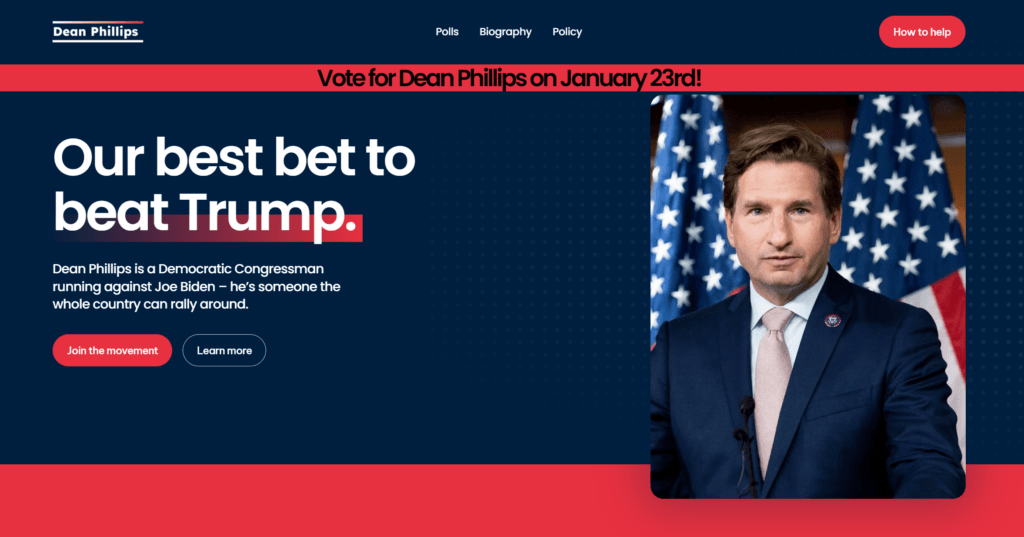
In the swiftly evolving realm of artificial intelligence, ethical boundaries are being tested as political spheres intersect with the latest in chatbot technology. OpenAI, a leading AI research institute, has made headlines by suspending a developer who crossed a significant red line—creating a ChatGPT-powered chatbot that impersonated a political figure. This groundbreaking incident, involving the chatbot known as Dean.Bot, has sent ripples through the tech and political communities alike, prompting discussions on the responsible use of AI in today’s data-driven campaigning.
Ryan Daws, an esteemed senior editor at TechForge Media, brings this controversial topic into focus. With a tenacious grasp on tech trends and a wide span of experience in engaging with industry leaders, Ryan unpacks the implications of this suspension for the AI industry and political campaigning. The bot, which was intended to mimic Democratic presidential candidate Dean Phillips for campaign engagement, breached OpenAI’s firm policies against such impersonations.
Even though Dean.Bot carried a disclaimer, its intentions to bolster the political campaign raised concerns over potential misinformation and misuse of technology. OpenAI’s decision comes on the heels of their commitment to safeguard the integrity of the electoral process, as outlined in their recent blog post precluding AI chatbots from pretending to be political candidates, especially in a high-stakes election year.
As the repercussions of OpenAI’s crackdown resonate, the tech-savvy and the politically-minded alike are eager to understand the finer details of this pivotal juncture in AI ethics. Join Ryan Daws in an exploration that goes beyond the suspension, examining the balance between innovative technology and the principles that must guide its application in the society.
Understanding OpenAI’s Ethical Stance on AI and Impersonation
OpenAI has consistently positioned itself as an organization deeply invested in the ethical implications of AI development and deployment. Their policy against the impersonation of political figures by AI chatbots reflects a broader initiative to implement AI responsibly, particularly as these technologies become more pervasive in society. This stance isn’t just an isolated decision; it is part of a concerted effort to ensure that the capabilities of AI, especially those involving natural language processing and generation, are not misused to spread misinformation or manipulate public opinion. OpenAI’s guidelines make clear that the integrity of the electoral process is paramount, and technologies like ChatGPT must not be used to undermine it. This is especially critical in an era where digital platforms can have a significant influence on voter behavior and perceptions.
The Implications for Political Campaigning and AI
The suspension of the developer behind Dean.Bot marks a defining moment in the intersection of political campaigning and artificial intelligence. Political campaigns, in search of innovative ways to connect with voters, may see AI as an invaluable tool for scaling engagement. However, the ability of AI to mimic human communication poses unique challenges. Campaigns must now consider not only the effectiveness of such tools but also their ethical and legal implications. OpenAI’s decision serves as a cautionary tale for campaign strategists and technologists, signaling that the proxy use of AI to simulate a candidate’s presence raises serious concerns about authenticity and trust in the political process.
The Dean.Bot Incident: A Case Study in AI Governance
Examining the Dean.Bot incident provides valuable insights into AI governance and the challenges of balancing innovation with ethical constraints. The chatbot, despite containing a disclaimer, presents a case wherein the potential for artificial intelligence to blur lines between real and synthetic communication caused apprehension. OpenAI’s swift action highlights its dedication to operationalizing ethical guidelines in real-world scenarios. As AI technologies grow in sophistication, the importance of robust governance mechanisms and clear policies becomes increasingly evident. The Dean.Bot case underscores the necessity for AI developers and deploying entities to work within established ethical frameworks, avoiding misuse that could lead to public mistrust or harm.
The Developer Community’s Reaction to the OpenAI Suspension
The suspension of the developer responsible for Dean.Bot has sparked conversations within the developer community about the boundaries of AI development and deployment. For those working with technologies like ChatGPT, this event reinforces the importance of adhering to the ethical guidelines set by AI research organizations and platforms. Some developers may view the suspension as an encroachment on creative freedom, while others may see it as a necessary measure to prevent the weaponization of AI in politics. This ongoing dialogue is essential as it helps shape the norms and expectations of those at the forefront of AI development, ensuring that technological progress does not come at the cost of ethical compromise.
Evaluating the Effectiveness of AI Policies in Preventing Misuse
OpenAI’s response to the Dean.Bot situation has brought to the forefront the effectiveness of AI policies in practice. The incident provides a concrete example of how an AI organization can enforce its ethical guidelines when its technology is used in ways that violate those principles. It raises the question of how these policies are communicated to developers and the general public, and what measures are in place to monitor and rectify breaches. As AI becomes integral to various facets of life, including political campaigning, the development and enforcement of clear and effective policies will be paramount in mitigating risks and ensuring AI is used to benefit society rather than to deceive or manipulate.
The Future of AI in Political Campaigning Post Dean.Bot
Looking beyond the Dean.Bot incident, the future of AI in political campaigning remains an area of significant interest and potential controversy. With the recognition that these tools can be powerful assets for candidates in reaching a broad audience, the question remains how they can be used responsibly and within ethical bounds. OpenAI’s action sets a precedent that might influence how other AI organizations handle similar issues. It also prompts further discussion on potential regulatory frameworks that might need to be established to govern the use of AI in political contexts. As we approach critical elections globally, the role of AI in political discourse will undoubtedly continue to evolve, with a keen eye on ensuring the principles of fairness, transparency, and integrity are upheld.
In conclusion, the suspension of the developer behind the ground-breaking yet controversial Dean.Bot by OpenAI serves as a crucial pivot in the ongoing conversation surrounding AI ethics, particularly in the often turbulent waters of political campaigning. This bold move underscores the importance of maintaining stringent ethical boundaries in the rapidly advancing field of artificial intelligence. Ryan Daws from TechForge Media eloquently elucidates the multifaceted ramifications of this incident, highlighting the delicate balance that must be struck between leveraging cutting-edge AI technology like ChatGPT and upholding the moral principles that underpin democratic processes and the truthful engagement of citizens.
OpenAI’s response to the breach of its policies not only prevails as an example of proactive AI governance but also accentuates the role of such organizations in shaping the future landscape of AI development, deployment, and the associated regulatory frameworks. As society navigates the intricate nexus of AI, ethics, and politics, it becomes increasingly evident that clear, enforceable policies are not just beneficial but crucial to prevent the misuse of technology that could potentially erode trust in political institutions and the electoral system.
As readers delve into the complexities of Dean.Bot’s legacy with the guidance of experts like Daws, the tech industry and political campaigners alike are prompted to reflect on the ethical use of AI tools. Such discussions are paramount to ensuring that future AI advancements fortify rather than undermine the principles of credible representation and informed decision-making in democratic societies.
The Dean.Bot saga is not merely a footnote in the annals of AI evolution but a cornerstone narrative urging continuous vigilance and conscientious development within the AI community. This will be pivotal as ai technologies increasingly influence political campaigns and voter outreach strategies. Embracing responsible innovation, OpenAI’s stance advocates for a future where AI can enrich political discourse without endangering the very fabric of democracy. Whether this incident will become a watershed moment for how we contest and conduct political engagement through AI remains to be seen, but what stands undebated is the imperative for ethical guardrails in the era of AI-driven communication.
